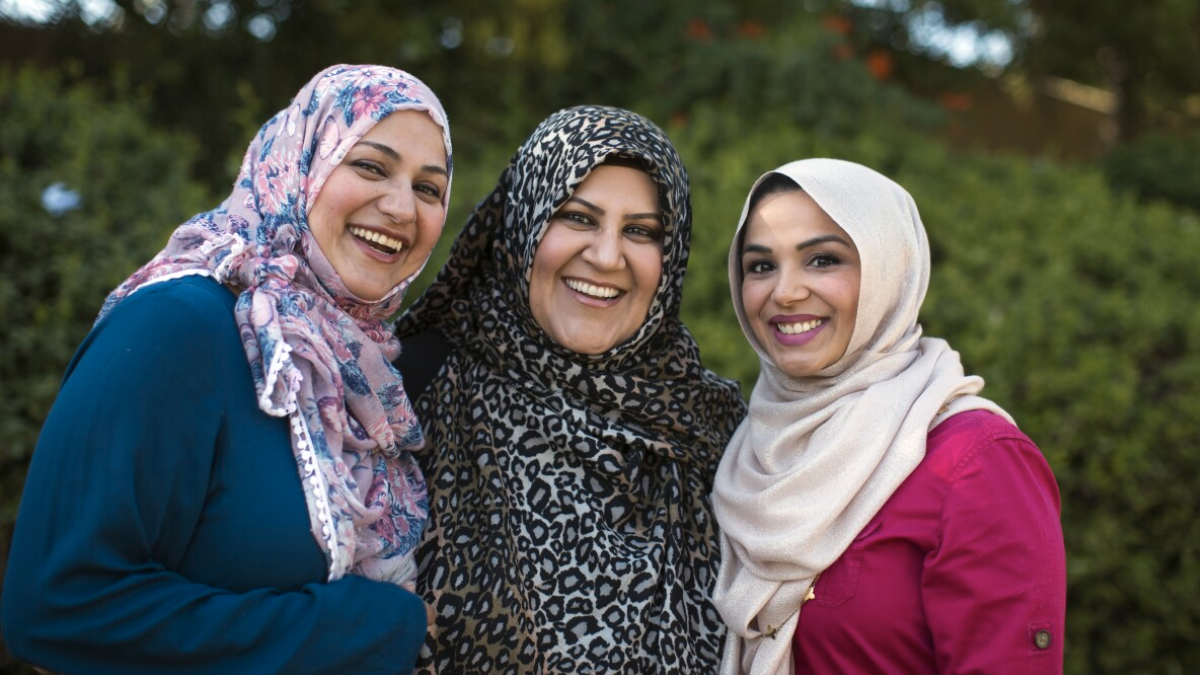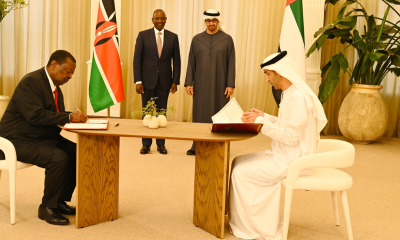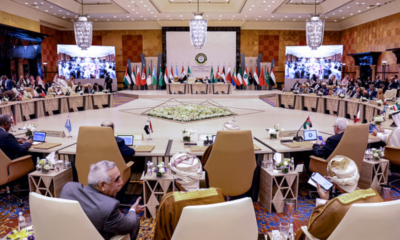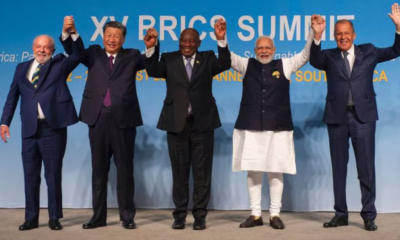The Arab world has long been synonymous with rich cultural heritage, ancient traditions, and deeply rooted religious beliefs. Within this complex tapestry, lies the struggle for women’s rights and empowerment.
In the years spanning from 2019 to 2023, countries like Saudi Arabia, UAE, Qatar, Bahrain, Iran, and Morocco, among others have witnessed both policy changes and persistent challenges in advancing gender equality and breaking the barriers of gender norms and religious conservatism.
This article aims to shed light on the journey of women’s rights in the Arab world during this period, the efforts made by the respective governments and the lingering influence of religion on gender equality, leadership positions, and governance for women.
Challenges Faced by Women
Women in the modern-day Arab world have faced multifaceted challenges on their journey towards equality. Traditional gender norms have confined women to traditional roles, relegating them to the private sphere and limiting their access to education and economic opportunities. Discrimination in the workplace, restricted mobility, and a lack of legal protection against gender-based violence has perpetuated the gender disparity in the region.
Moreover, the Arab world’s deeply ingrained patriarchal systems have proven resilient, making it difficult for women to break through the glass ceiling and attain leadership positions in both the public and private sectors. The cultural stigma associated with women in leadership and governance roles has hindered their participation in decision-making processes, undermining the potential for holistic development in the region.
Policy Changes by Governments
Over the years, some Arab countries have taken noteworthy steps to address gender inequality and promote women’s rights. Saudi Arabia, in particular, made significant strides when it lifted the ban on women driving in 2018, marking a landmark moment in the fight for women’s mobility and autonomy. In addition, Saudi Arabia and the UAE have introduced laws to provide better protection for women against domestic violence and abuse.
In the realm of education, various Arab nations have made efforts to bridge the gender gap. Morocco, for instance, launched the “National Strategy for Equality and Parity” in 2018, aiming to promote women’s access to education and economic opportunities. Similarly, the United Arab Emirates’ “Gender Balance Council” seeks to enhance female representation in various sectors.
Women Empowerment
Women’s empowerment in the Arab world goes beyond merely granting women legal rights; it involves fostering an environment where women are encouraged to participate actively in all aspects of society. Empowerment means equipping women with education, economic opportunities, and access to decision-making processes. It also entails challenging societal norms and stereotypes that hold women back from reaching their full potential.
Women empowerment translates into a stronger and more prosperous society. When women are empowered, they contribute significantly to economic growth and social development. Studies have shown that gender diversity in leadership positions enhances organizational performance, innovation, and problem-solving capabilities. Therefore, women’s inclusion in leadership roles is vital for the region’s progress.
Religion plays a significant role in shaping societal norms and values in the Arab world. While Islam, the dominant religion in the region, upholds principles of justice, equality, and respect for women’s rights, interpretations and practices have often been influenced by patriarchal traditions and cultural norms.
Some religious interpretations have been used to justify discriminatory practices against women, such as limiting their movement or access to education and restricting their involvement in leadership and governance roles. However, it is essential to recognize that these interpretations do not represent the entirety of Islamic teachings, which, when interpreted with a progressive lens, can foster gender equality and women’s empowerment.
Women Rising above Religious Barriers
Despite the challenges posed by religious conservatism, numerous Arab women have broken through barriers and made remarkable achievements. In 2019, Saudi Arabia appointed the first female ambassador to the United States, Princess Reema bint Bandar Al Saud, marking a significant step towards gender inclusion in diplomacy.
In the UAE, women have been increasingly represented in government and public service. In 2020, the UAE Cabinet saw the appointment of two women ministers, Noura bint Mohammed Al Kaabi and Sarah bint Yousif Al Amiri, as Minister of Culture and Youth and Minister of State for Advanced Sciences, respectively, signifying a shift towards greater gender diversity in leadership.
ALSO READ: Sheikh Mohamed pledges $100 million for countries affected by irregular migration
The journey towards women’s rights and empowerment in the modern-day Arab world has been a complex one, marked by both progress and challenges. Governments in the region have introduced policy changes to address gender disparities and promote women’s inclusion. However, the influence of religion and deeply ingrained patriarchal norms continues to pose obstacles in achieving true gender equality, particularly in leadership positions and governance.
It is imperative for the Arab world to foster an environment that empowers women and challenges discriminatory practices. By promoting gender equality, the region can unlock its full potential and harness the talents and contributions of all its citizens, ultimately leading to a more prosperous and inclusive society. Only through collaborative efforts, involving governments, religious leaders, civil society, and individuals, can the Arab world pave the way for a brighter, more equitable future for all.






















